Ever feel like your body is glitching in modern life? Like you get winded going up stairs but can Google 87 unrelated facts in under 10 seconds? Yeah—same. The truth is, our bodies evolved for a life that doesn’t exist anymore. Hunting, gathering, squatting in the dirt… those days are long gone, and your body knows it.
But evolution didn’t hit pause just because we got Wi-Fi. It’s still doing its thing—phasing out what we don’t use and making room for things like “tap to pay” reflexes and sleep-deprived eyeballs that somehow still function. From navigation skills to gut instincts (literally), here are 15 body functions we’re slowly ghosting—and what’s sliding into their place like a rebound boyfriend with an iPhone.
1. Navigational Sense
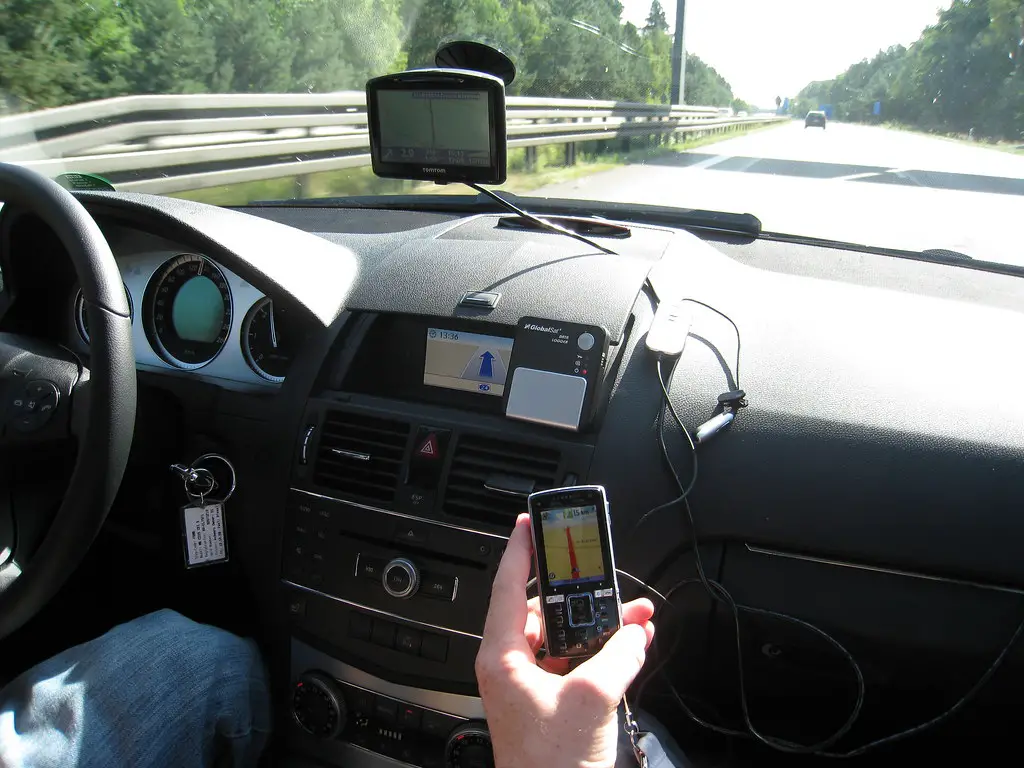
Once upon a time, humans could look at the stars, follow animal tracks, or read moss patterns to get where they were going. Today? If your phone dies, you’re not just lost—you’re in existential crisis mode. Studies show we’re actually outsourcing spatial memory to our phones, with brain scans revealing less activity in the hippocampus when GPS is used consistently.
According to The Guardian, overreliance on GPS may be rewiring how our brains handle spatial awareness, reducing our ability to form “cognitive maps.” What used to be a fundamental survival skill is now just another app dependency. The kicker? People who rely less on GPS actually have better memory and mental flexibility overall. So yeah, you could learn to read a paper map—but let’s be real. Waze has rerouting, voice commands, and real-time traffic alerts. Good luck, caveman brain.
2. Chewing Strength

Back when raw veggies and uncooked meat were dinner, our ancestors had jaws like steel traps. Today, with soft food, smoothies, and boneless everything, we’ve kinda downgraded to chew-lite mode. Researchers say human jaws are shrinking over time—like, literally shrinking—and modern skulls have less room for wisdom teeth and muscle attachment.
A report from NPR notes that chewing tougher foods builds bone density and even affects facial development in children. Since we’re not gnawing on roots and gristle anymore, our jaws aren’t getting the same workout. In exchange? We’ve invented blenders, baby carrots, and “melt-in-your-mouth” snacks. It’s evolution by laziness—and it kind of rules. But don’t be surprised if your kid’s braces bill is through the roof. Modern jaws are aesthetic, but they’re also underperforming AF.
3. Goosebumps for Warmth
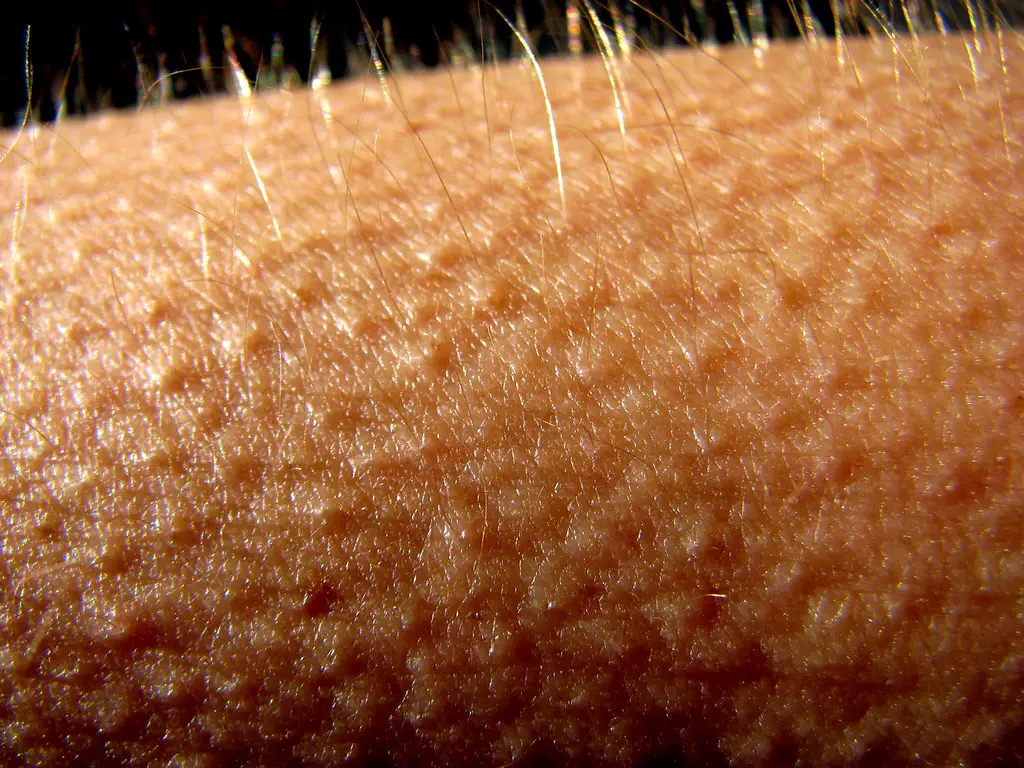
Goosebumps used to serve a legit purpose: puffing up your body hair to trap heat when you were cold or freaked out. But now, with central heating, weighted blankets, and hoodies for every temperature range, your body’s thermoregulation game is kind of… meh. Scientists say the reflex is still there, but mostly pointless in hairless modern humans.
Pfizer explains that while goosebumps still trigger during chills or strong emotions, they’re no longer effective for actual insulation. It’s like your body trying to build a campfire using a flashlight app. What replaces it now? Layers, thermostat apps, and—let’s be honest—scrolling TikTok under five blankets instead of dealing with weather. So next time you get goosebumps during a sad playlist? Thank your ancestors. They were trying to survive an Ice Age. You’re just vibing in a hoodie.
4. Sense of Smell

Unless you’re a perfumer, chef, or sommelier, odds are your nose is coasting through modern life. Our ancestors needed a sharp sniffer to track prey, detect danger, or tell if something was edible (or about to kill them). But today, between processed foods, urban air pollution, and sensory overload, our sense of smell is fading into the background.
Science Direct reports that smell deterioration is on the rise—even among younger adults—thanks to lifestyle and environmental factors. We now rely more on visual cues, ingredient labels, and “sell-by” dates than olfactory instincts. The replacement? Tech-assisted sensory alerts, and a growing dependence on hygiene products to mask everything. Your body used to tell you when meat was off. Now your phone buzzes when your fridge’s smart sensor detects spoilage. Honestly? Same energy.
5. Natural Sleep Cycles
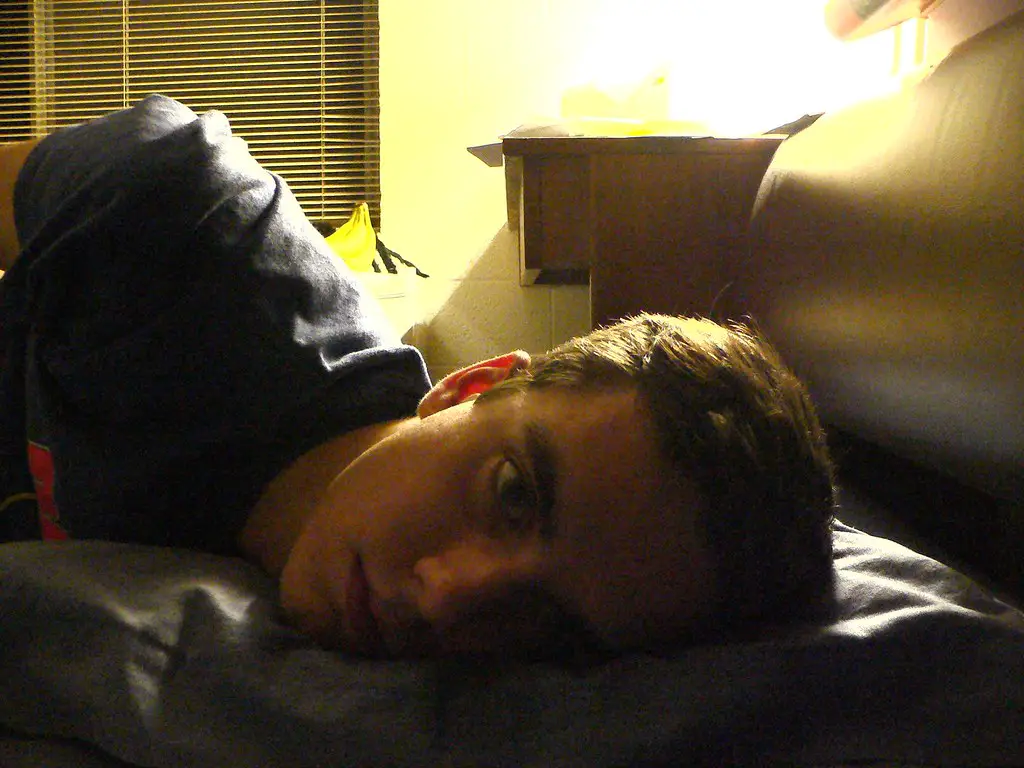
Before electricity and screens, humans went to bed when it got dark and woke up with the sunrise. That’s called a circadian rhythm—remember that? Now, our sleep is dictated by work schedules, late-night scrolling, and ambient LED hell.
As Toms Guide points out, modern life has thrown our sleep cycles so off balance that insomnia rates are at an all-time high. Blue light from screens suppresses melatonin, the hormone that makes you sleepy, and constant stimulation keeps your brain wired even when your body’s begging for rest. Instead of natural rhythms, we now rely on melatonin gummies, sleep podcasts, white noise machines, and apps that literally coach us to sleep. Basically, we’re outsourcing rest. The function’s still there—it’s just glitching hard.
6. Manual Dexterity

Remember when people could sew a button, tie elaborate knots, or write in cursive without pulling up a tutorial? Yeah, not so much anymore. As touchscreens and voice commands take over, our fine motor skills are quietly slipping into the archives. Fewer of us use our hands for detailed work, and even basic tasks like handwriting are becoming relics of the pre-iPad era.
You can thank autocorrect, swipe typing, and smart appliances that open with a wave. What’s replacing manual dexterity? Adaptive tools, automation, and AI that fill in the gaps when our fingers can’t. The skills our grandparents had in their hands, we now have in our apps. Your great-uncle could fix a carburetor blindfolded. You can barely twist a jar lid without googling hacks. Evolution, but make it soft.
7. Peripheral Vision
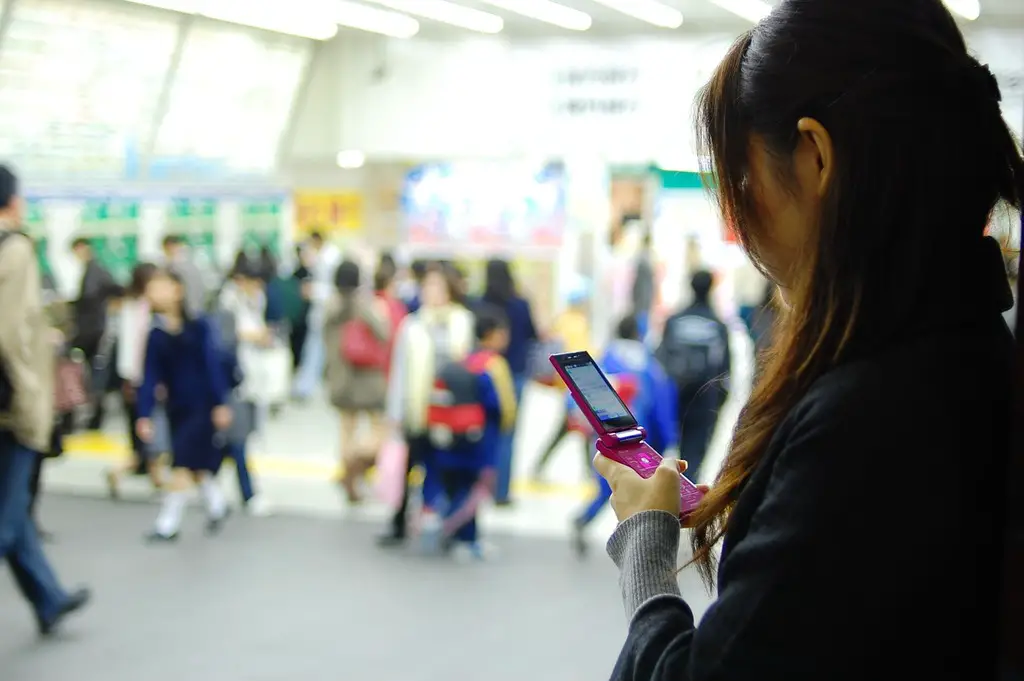
Humans evolved with wide-angle vision to spot predators, catch movement, and sense danger from the sides. But fast-forward to now, and most of us are spending hours a day with our eyes locked on tiny screens. Peripheral vision isn’t being used the way it used to be—and when you don’t use it, you lose it.
Many of us are developing a kind of tunnel vision, literally, because we’re not engaging with the full scope of our environment. What’s replacing it? Notification pings and motion sensors. We’re outsourcing awareness to technology, trusting it to alert us to what we no longer notice ourselves. So when you walk into a pole while texting? Blame evolution’s new patch notes.
8. Cold Tolerance
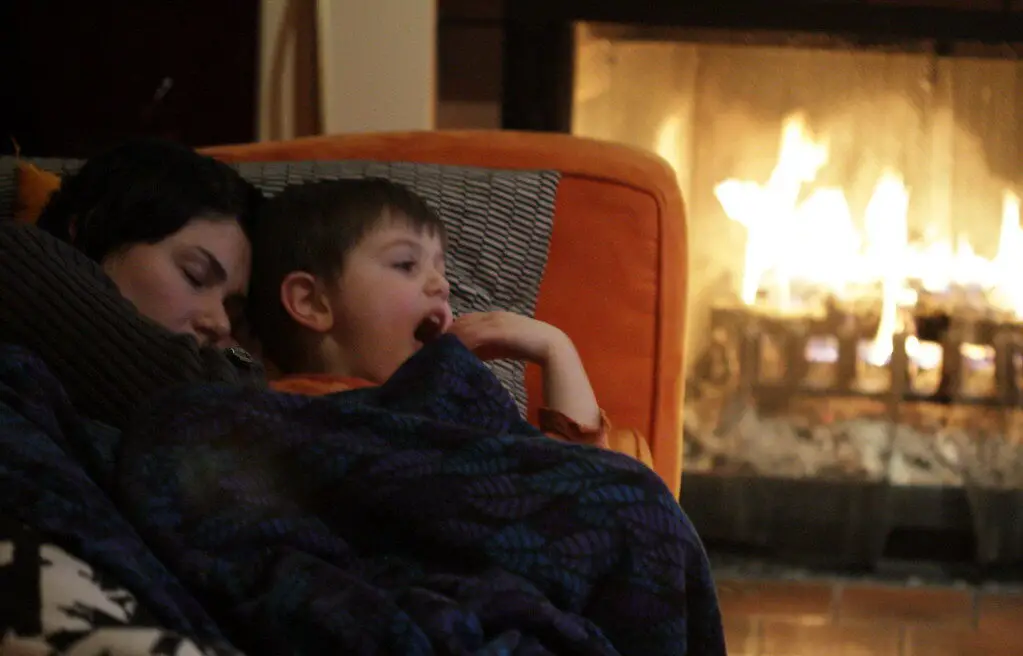
Your ancestors could survive snow in leather boots and a wool blanket. You? You’re reaching for a heated blanket the second temps dip below 65. With modern heating, insulated buildings, and puffer jackets engineered by NASA, our bodies are less exposed to the cold than ever.
That means we’re losing some of the natural resilience humans once had to frigid temperatures. Blood vessel constriction, brown fat activation, and cold-induced thermogenesis just aren’t getting enough use. Instead, we’ve built an infrastructure around staying warm and cozy. What replaces cold tolerance now? Smart home thermostats, heated car seats, and those microwaveable neck wraps your aunt swears by. We didn’t tough it out—we comforted it out.
9. Natural Posture
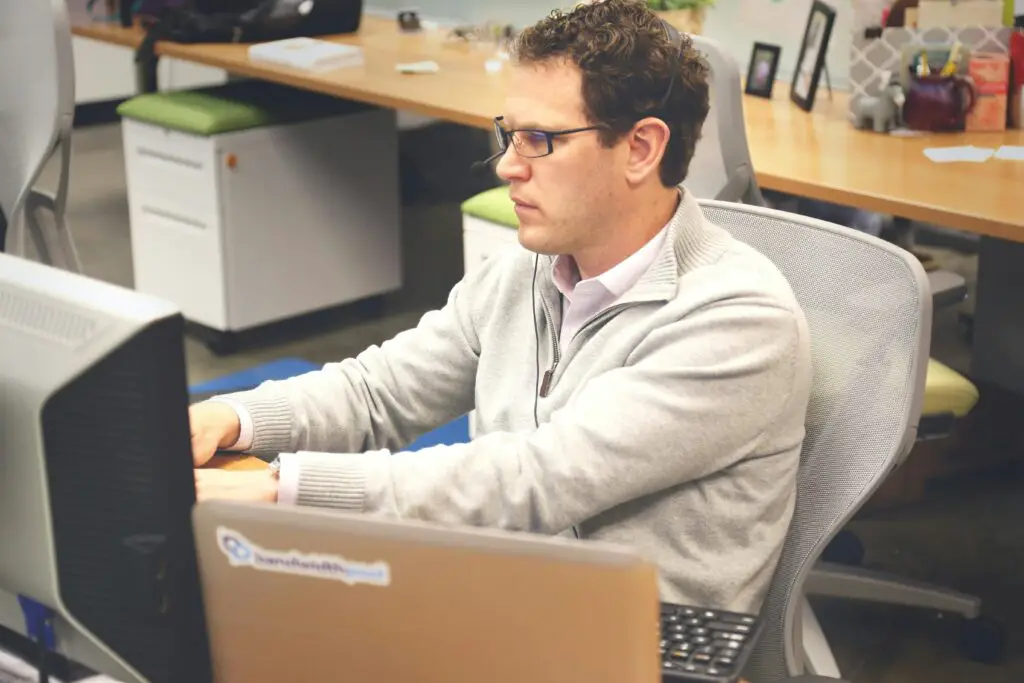
Our bodies were made for movement—squatting, walking, and standing tall. But most of us are stuck in chairs for eight hours a day, hunched over keyboards or cradling phones like digital baby birds. The result? Posture that looks more like a shrimp than a hunter-gatherer.
Modern life has basically turned slouching into the default setting. The spinal alignment, hip mobility, and core strength that once came from an active lifestyle are fading fast. What’s stepping in? Ergonomic furniture, posture-correcting gadgets, and TikTok stretches labeled “desk detox.” So yeah, we’re losing our built-in body alignment. But hey, at least we’ve got lumbar pillows.
10. Immune Calibration
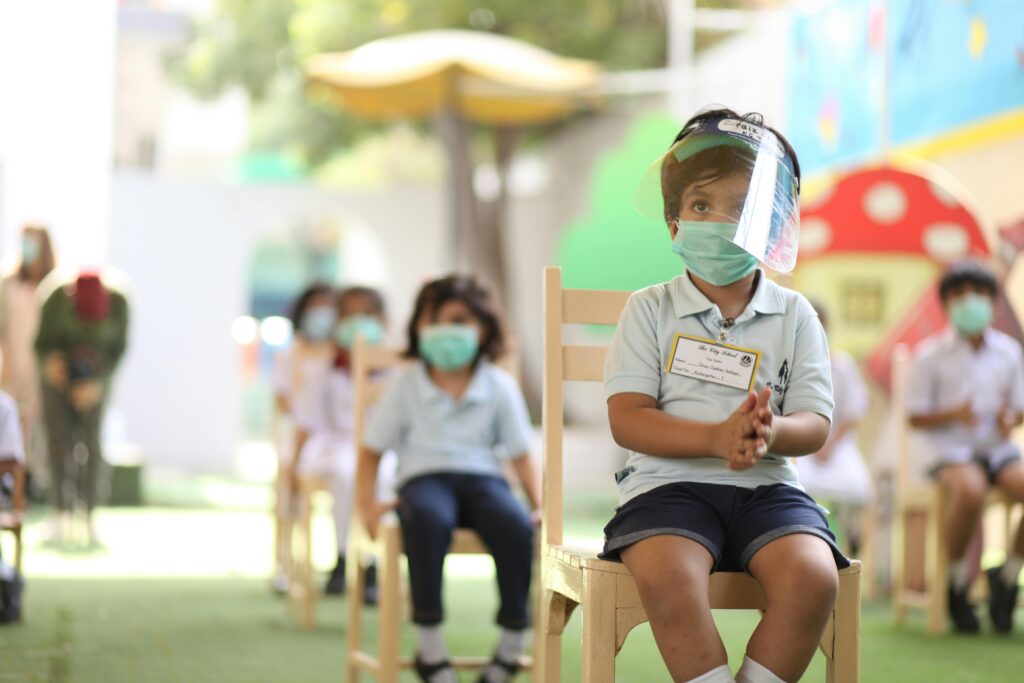
Once upon a time, kids played in the dirt, got sick, and came out stronger. Now, everything is sanitized, antibacterial, hypoallergenic, and delivered in shrink-wrapped packaging. While cleaner living is great for avoiding illness, it’s also led to underexposed immune systems.
This contributes to higher rates of allergies, autoimmune conditions, and hypersensitivities—because the immune system is bored and looking for something to do. What replaces this calibration? Probiotics, immune-boosting supplements, and the occasional “let your dog lick your face” logic. We’re not building immunity the way nature intended. We’re curating it like a Pinterest board.
11. Natural Childbirth Adaptability

Human childbirth used to rely entirely on physical endurance, pelvic shape, and support from others. But now, with c-sections, epidurals, and fetal monitoring, the process has become much more medicalized. While that saves lives (yay science!), it also means we’re losing some of the natural resilience and instinct that once defined the process.
Pelvic structures are shifting subtly across generations, and more babies are being born larger, since c-sections remove natural size limitations. What’s replacing adaptability? Surgical expertise, fetal tracking apps, and birth plans backed by full hospital teams. It’s not a downgrade—just a transition from biology to technology. But it does mean evolution is being handed off to the OB-GYN.
12. Night Vision
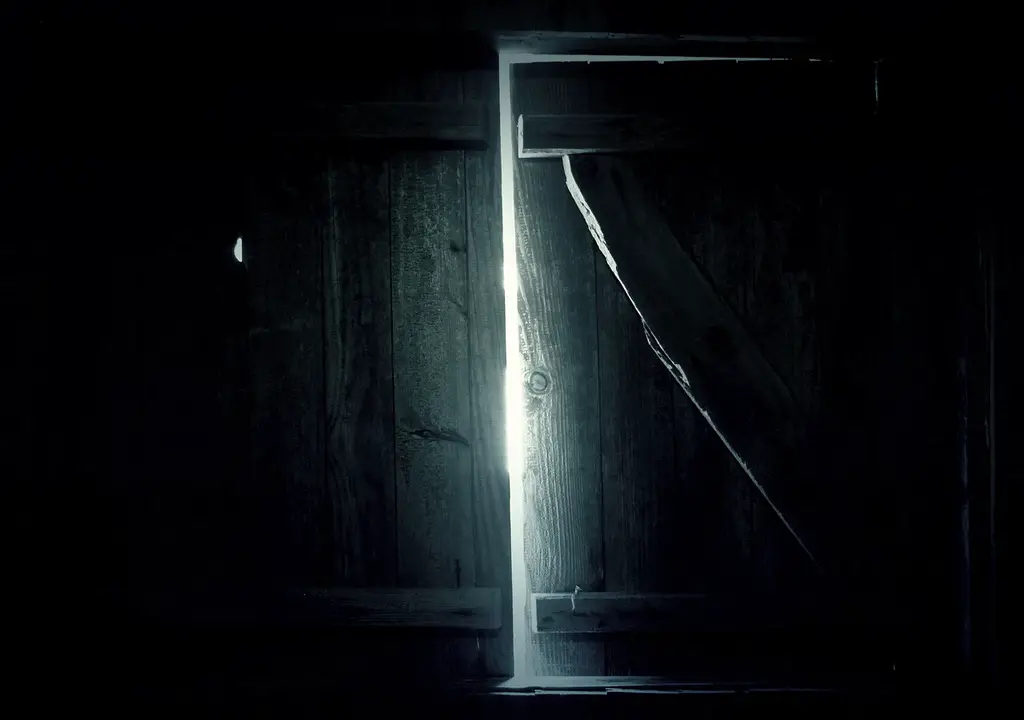
Humans aren’t exactly owls, but we did evolve to see reasonably well in low light. Today? Most of us panic if we’re in the dark for more than 30 seconds. Thanks to artificial lighting, our pupils rarely get the workout they used to, and our rods (the eye cells that help with dim vision) are basically chilling on standby.
What’s replacing that natural night-sight? Phone flashlights, motion-sensor lights, and glow-in-the-dark everything. Even cars now beam enough light to wake up an entire block. Our eyes just don’t need to adjust anymore. So the next time you stub your toe during a power outage, blame your ancestors—and the Edison bulb.
13. Natural Alarm System (Adrenal Response)
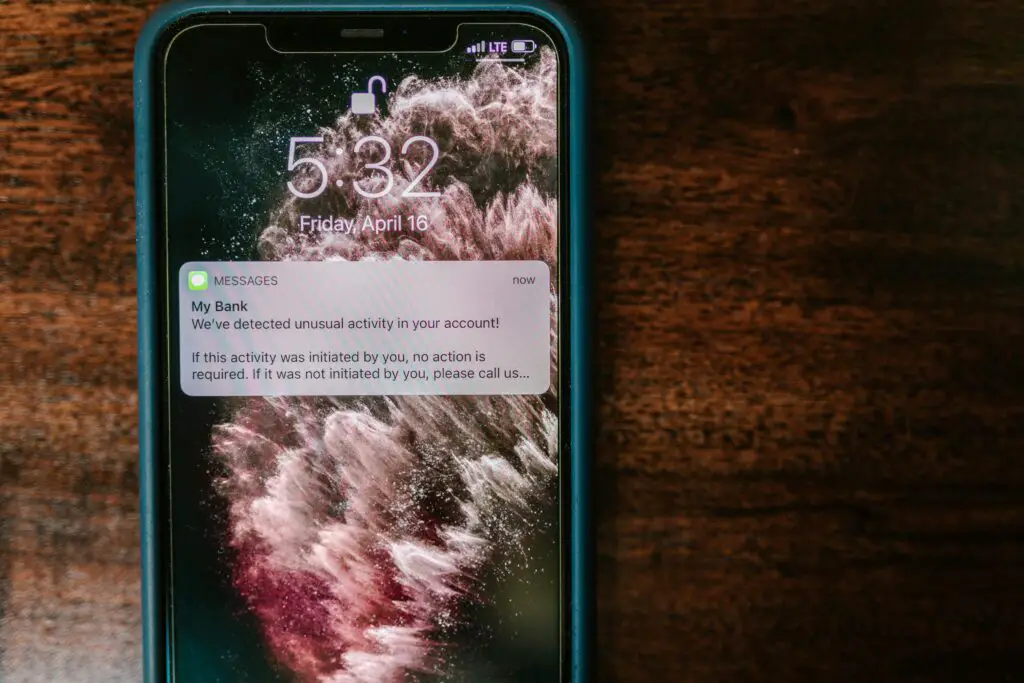
The classic “fight or flight” response used to help us escape wild predators or life-or-death threats. Now it kicks in when someone replies “k” or your Zoom camera turns on unexpectedly. Our adrenal systems haven’t kept up with the shift from survival threats to social stressors, and we’re burning out fast.
The body’s natural alertness system is still firing like we’re in a jungle, even though we’re just trying to hit inbox zero. Instead of short, intense stress followed by rest, we live in a loop of mild panic all day long. What replaces a properly tuned adrenal response? Meditation apps, anxiety meds, and deep breathing videos on YouTube. We’re not built for modern stress—but we’re duct-taping our way through it.
14. Gut Bacteria Diversity

Our guts used to be buzzing with a wide array of microbes, thanks to varied diets and exposure to soil, animals, and fermented foods. These days? It’s mostly pasteurized, processed, and fiber-deficient, leaving our microbiomes kinda sad and underpopulated.
This drop in diversity is linked to everything from mood disorders to digestion issues and even immune dysfunction. What’s stepping in? Kombucha, kefir, , and the endless parade of gut-health TikToks. We’re now “rebuilding” what our ancestors got for free just by, you know, living outside and eating roots. Modern guts are curated like museum exhibits—controlled, filtered, and a little sterile.
15. Natural Thermoregulation (Sweating & Shivering)
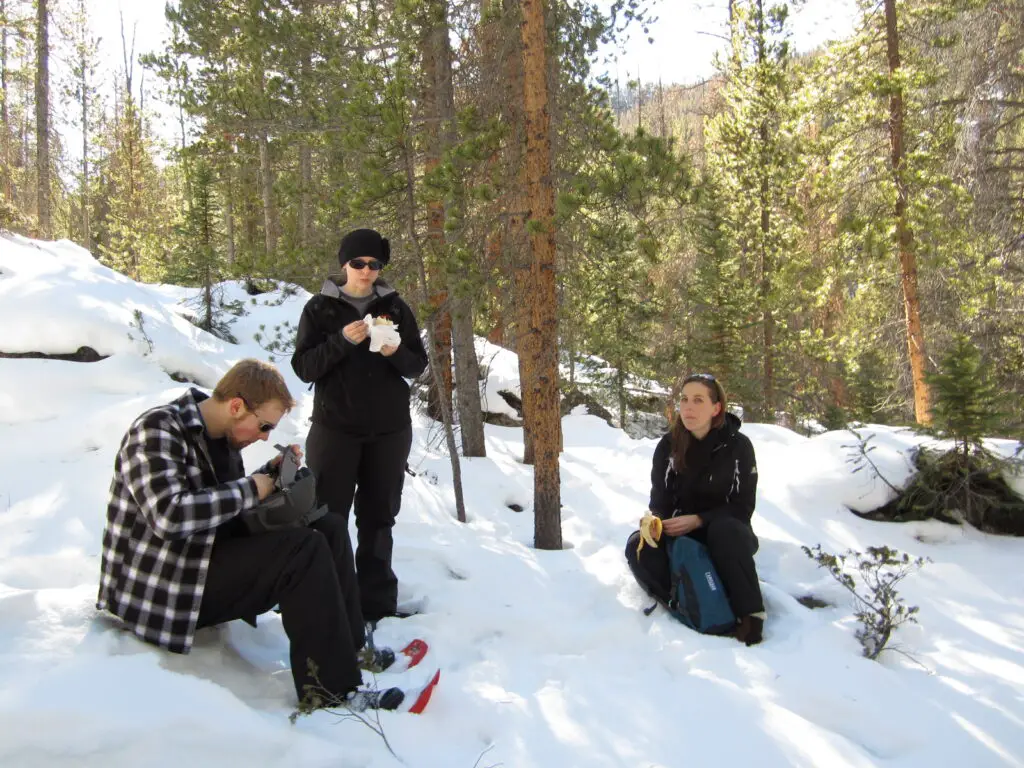
Your body has a built-in thermostat: when it’s hot, you sweat; when it’s cold, you shiver. But in modern life, we rarely allow our bodies to do either. We crank the AC, blast the heat, and wear tech-enhanced clothes that do the work for us.
The result? Our ability to regulate temperature on our own is slipping. We overheat faster in extreme temps and don’t adapt as well to seasonal changes. What replaces this lost function? Moisture-wicking shirts, personal fans, heated vests, and climate-controlled everything. Mother Nature gave us a thermostat. Capitalism gave us a subscription to central air.
